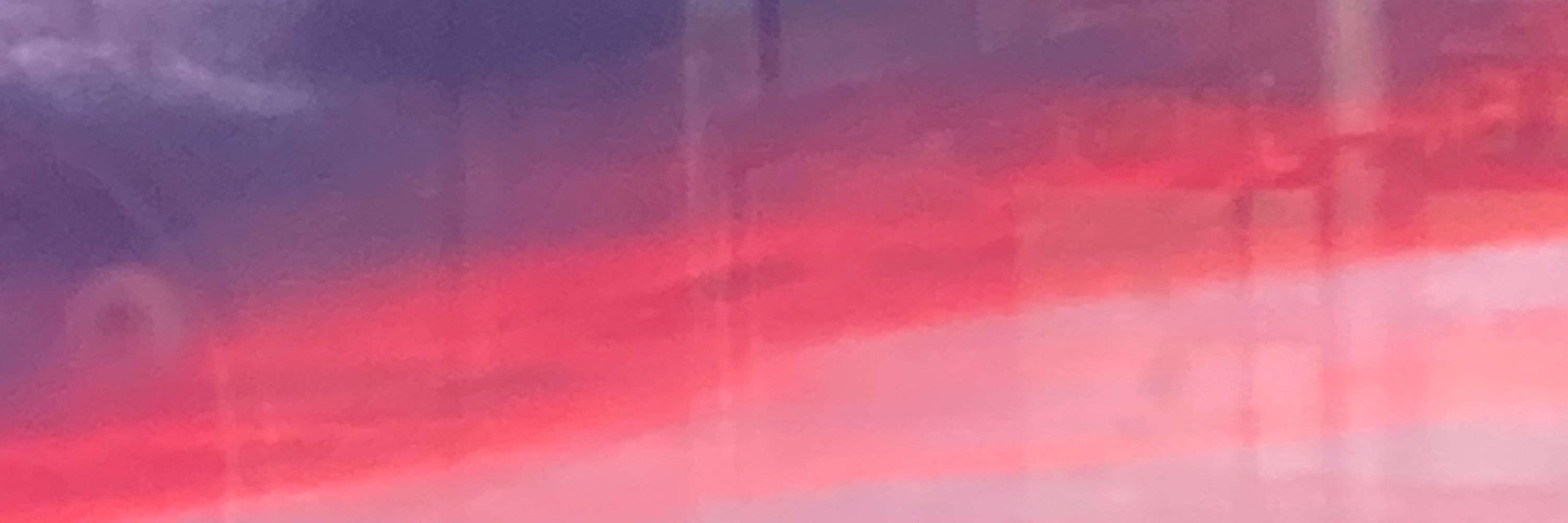- Romancing the Stoned
- Posts
- Pop and Circumstance
Pop and Circumstance
Books feeling dated because of cultural references isn’t the worst thing
Are you there, subscribers, Domscribers, and nonscribers? It’s me, Suleikha.
As usual, I have to put forth a disclaimer before you get to the ramble. Talking about how pop culture references aren’t the worst thing doesn’t automatically mean they’re the best thing. You do still have to be a good writer and make sense. Context is key!
Teal Deer (TL; DR)
Pop and Circumstance
I saw an author suggest on social media that we stop referencing pop culture in books, and it kicked my thought machine into gear. Because that’s “no” from me. Why? Pop culture is part of setting and worldbuilding and also tells you about the period the book was written in. If it’s a Gen X author writing in 2025, that does shape how a story is told. Even without outdated music or TV references, a book will not be truly “timeless.” Shakespeare was writing for his Elizabethan audience. He wasn’t trying to mimic ancient Rome or depict real Denmark. He pulled from the world around him. I don’t know what specifically was going on around the ol’ Globe back then, but I have no doubt that the Bard was weaving in cultural shout-outs for the groundlings.
 | We cannot help but bring our own sensibilities and our societal culture to what we write. Even if it’s historical fiction or fantasy or sci-fi, authors are reflecting their reality in their stories. You can try and sound like you’re from 1873, but you’re still somebody living now and that seeps in—and thank goodness for that. Because I really like it when books are far less blatantly racist. |
Madeleine L'Engle is one of my favorite authors. You will not find a single modern-for-her-era reference in her books. It's all classical music and classic literature by dead white dudes. Nobody’s listening to the Beatles or going to Woodstock or watching The Partridge Family on TV. (I don’t think the Murrys and Austins even own TVs.) You can still tell that L’Engle is writing during the span of the Cold War. Look at A Wrinkle in Time and The Young Unicorns. They do not sound like they were written in the 1980s. Because a lot of shit hasn’t happened yet but it might happen—and that’s scary as fuck. So much of her work hearkens to the space race and the anxiety of trying to out-science Russia and their budding nuclear capabilities. A Swiftly Tilting Planet is all about averting nuclear war. It's very much a product of the post-Vietnam late 1970s. (Oh god. I’m about to spiral down the rabbit hole of Charles Wallace getting drafted to avert global crisis when he’s young, scared, and might not survive it.)
Right now, we have authors pulling from the most toxic elements of the Star Wars franchise and Harry Potter books. Isn’t that a product of the past two decades? Of how Millennials have been shaped? If you think romanticizing Reylo and Dramione doesn’t reflect the issues we’re currently having in society, have you been living under a rock? Pop culture, and the voice of an author or vision of a director, will absolutely tell you if fascism is in vogue. Music, books, and film have always been a mirror—sometimes a cracked mirror—for the times we live in.
So, go ahead and write that 19-year-old listening to Duran Duran on Spotify while her grandparents watch Fox News and her mom drinks vodka-spiked Clearly Canadian and reads Elizabeth Gilbert books. It tells us so many things—even things about ourselves, and about humanity, that we don’t want to know.
Book What the Cat Dragged In(what I’ve been reading lately)
|  |
If you found this newsletter thought-provoking and haven’t yet subscribed, please consider doing so!
-Suleikha

